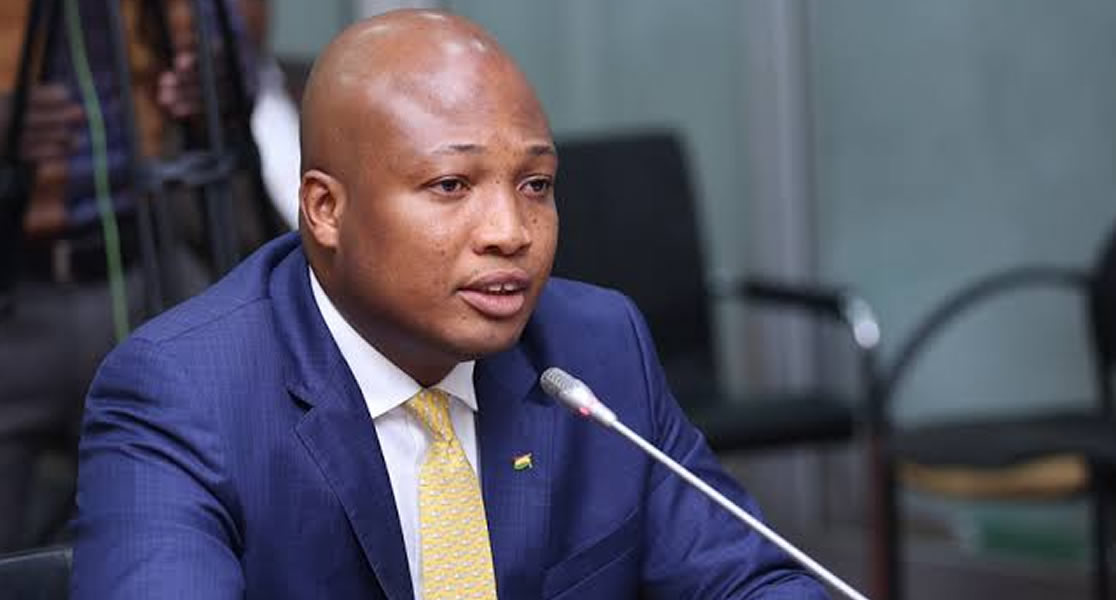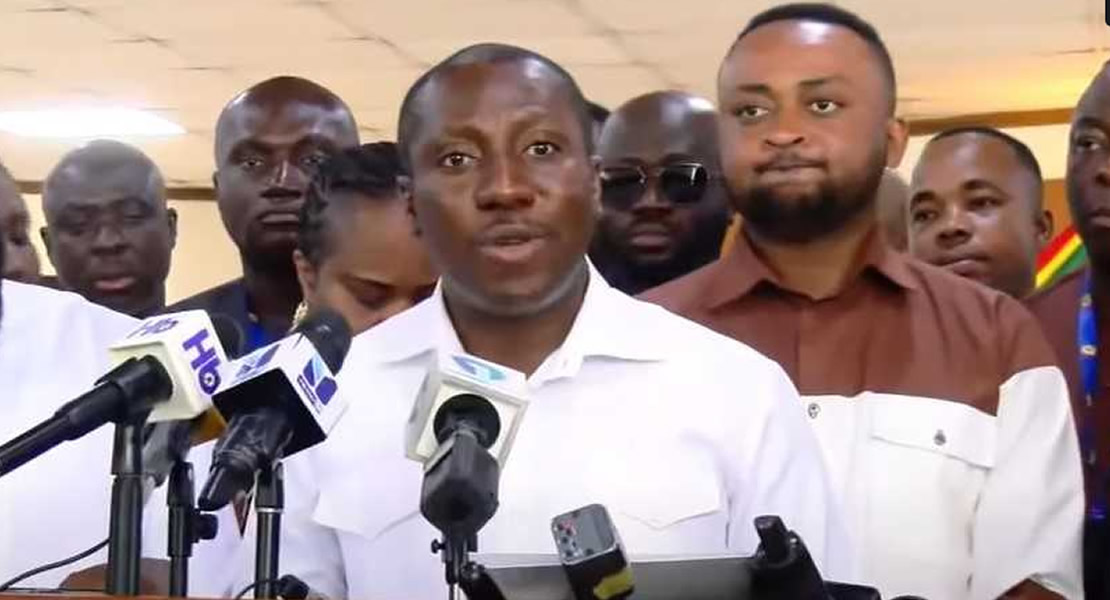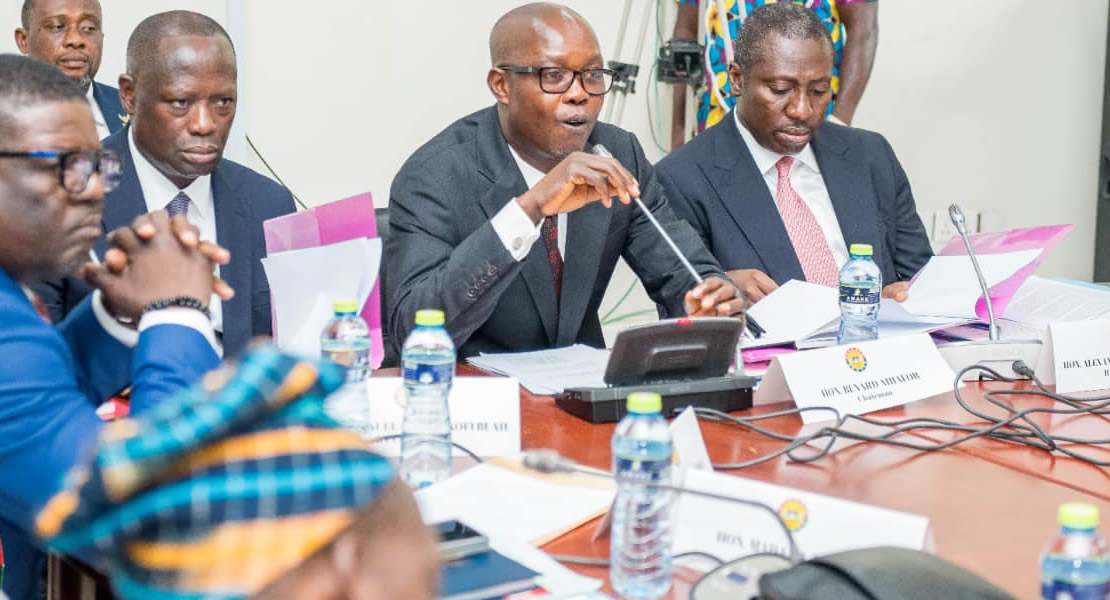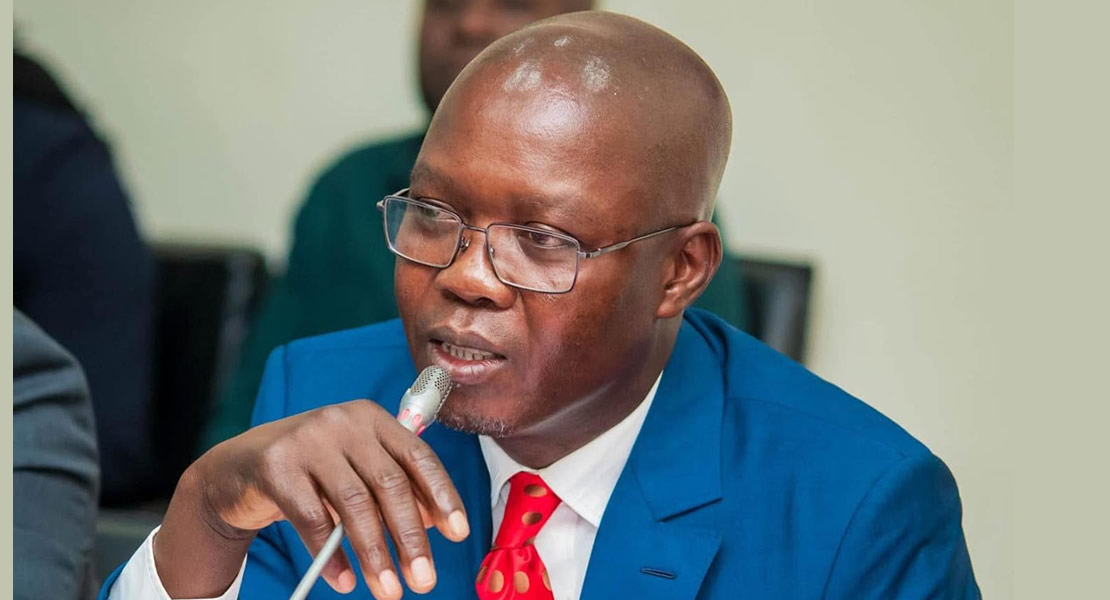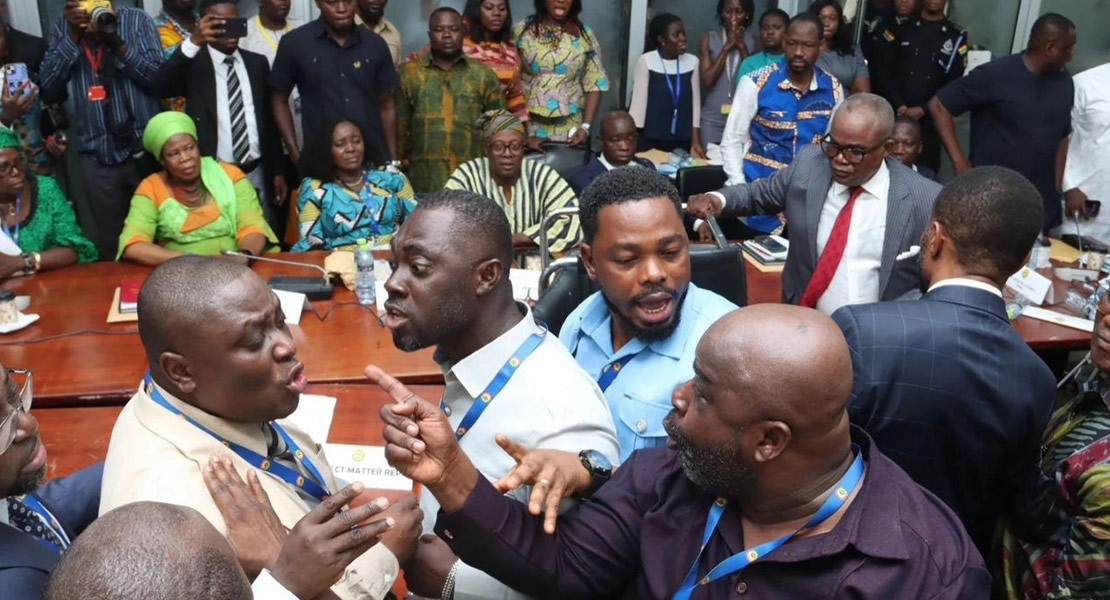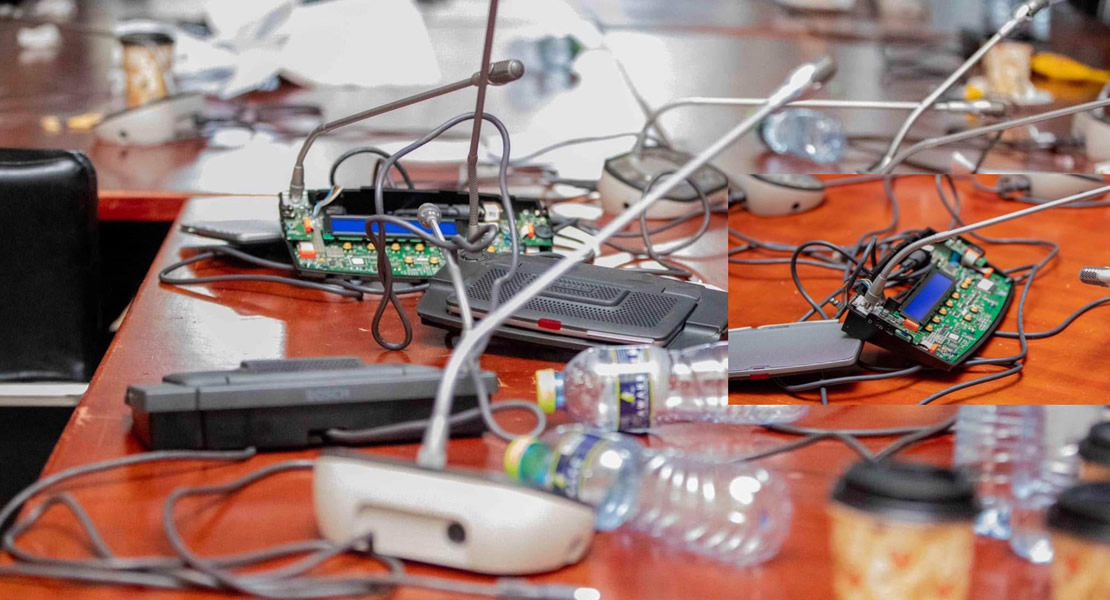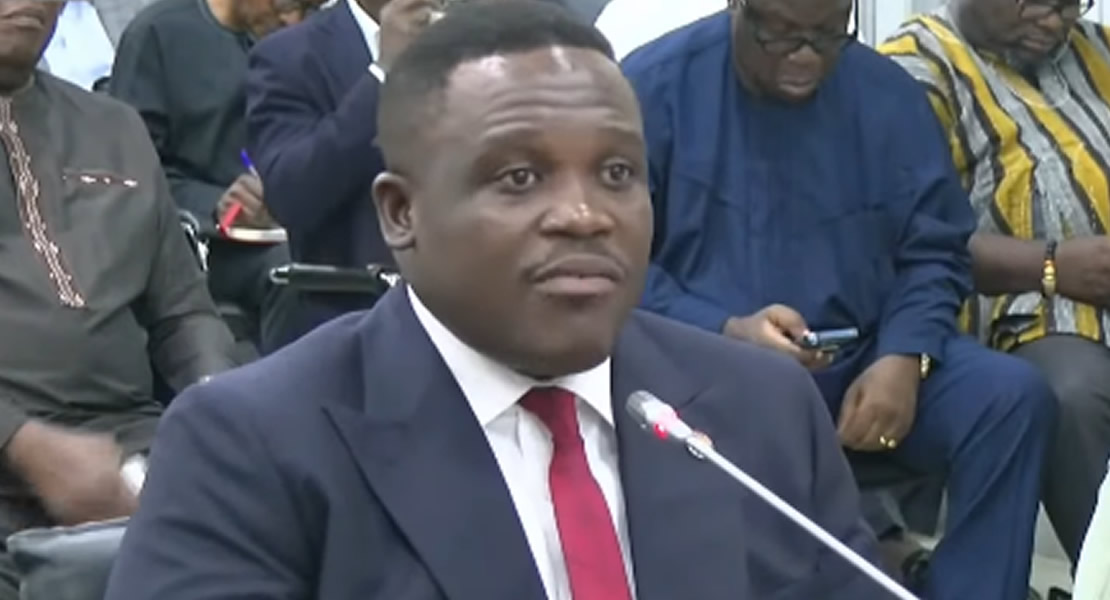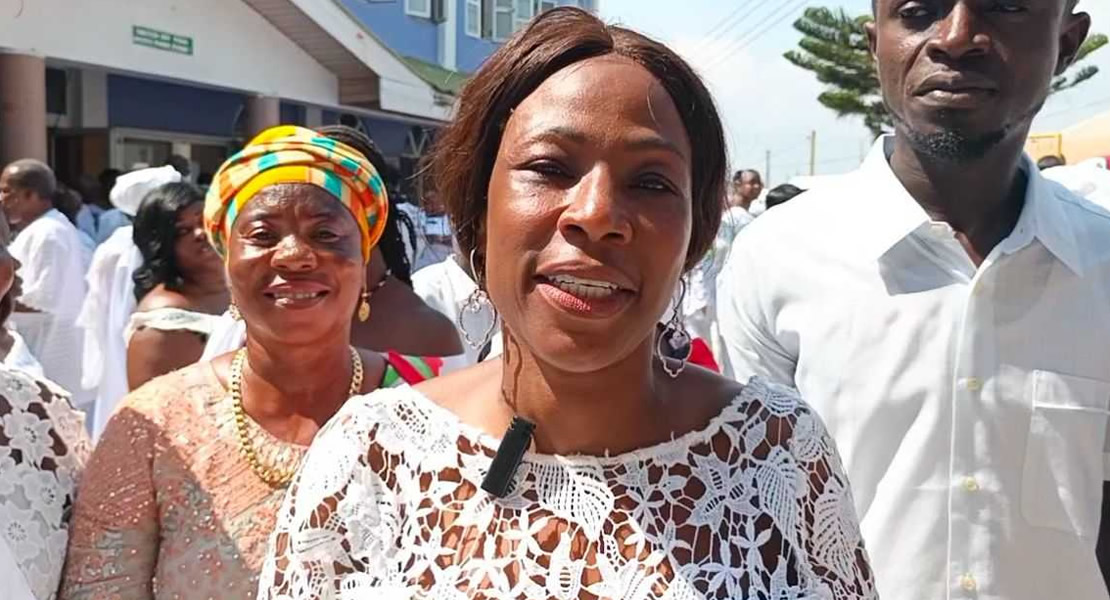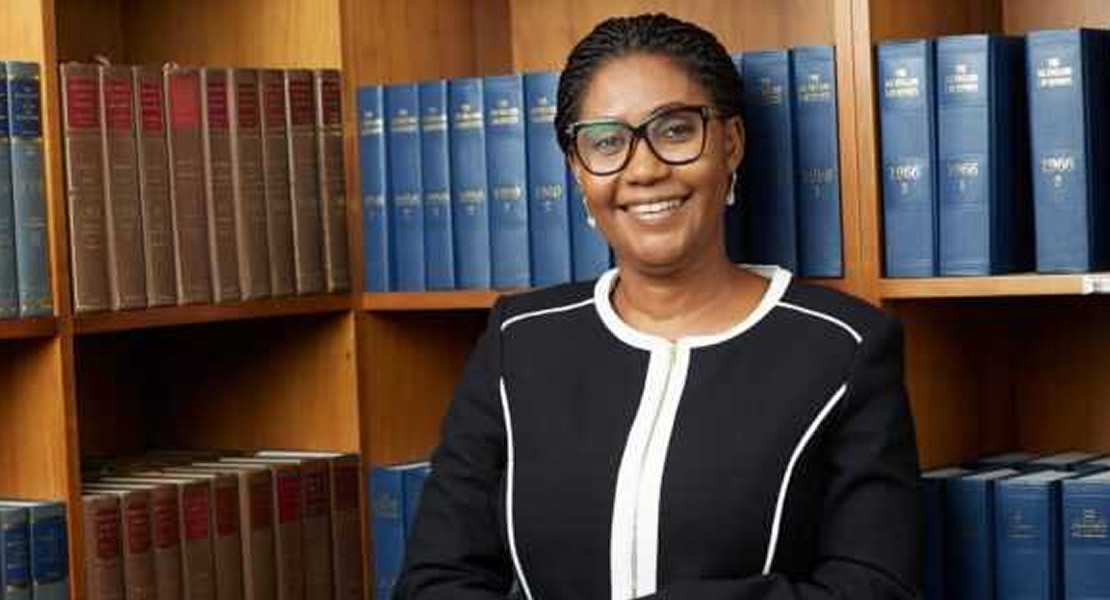Samuel Okudzeto Ablakwa Minister-designate for Foreign Affairs has proposed the creation of a dedicated Consular Fund to assist Ghanaian deportees facing difficult conditions abroad.
At his ongoing vetting before Parliament’s Appointments Committee on Friday, January 31 2025, Mr. Ablakwa stressed the need for a financial mechanism that would enable foreign missions to provide legal and humanitarian support to Ghanaians at risk of deportation.
He noted that the Fund would serve as a critical resource for embassies and consulates worldwide, ensuring that no Ghanaian is left without representation or assistance in distressing circumstances. He also expressed particular concern over recent mass deportations by the United States.
He stated that many affected individuals often face degrading treatment and lack access to legal counsel or consular intervention.
“When given the nod, I will ensure that we establish a Consular Fund. We must make sure that this Fund exists and can be accessed by our foreign-service staff to extend assistance particularly in this period where the United States has announced mass deportations.”
He added that deportees are entitled to consular assistance and legal representation to prevent violations of their rights and dignity.
Beyond addressing deportations, Mr. Ablakwa indicated that his ministry would engage key foreign partners to negotiate improved migration policies that safeguard the welfare of Ghanaians abroad.
“Those who may be rounded up to be deported are entitled to consular support. We must get them legal support so that they are not just rounded up and deported with their rights violated. That is a violation of their human rights and affront to their dignity and these are matters that I will pursue”.
Kwaku Sakyi-Danso/Ghanamps.com
